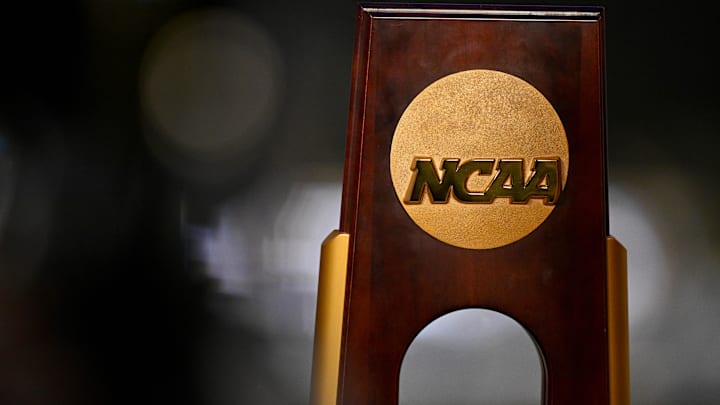The NCAA seems to be slowly inching closer to finalizing its massive athlete compensation settlement.
On Wednesday, May 7, a revised proposal was filed addressing one of the final sticking points that paused the $2.8 billion antitrust settlement. The new filing proposes to exempt any athlete at a Division I school, including South Carolina, who was at risk of losing a current or promised roster spot for the 2025-26 academic year.
What that means, is that Gamecock student-athletes, whether incoming freshman, transfers, or current roster members, will retain their eligibility and positions despite the looming structural changes that college athletics are facing.
According to the updated filing, the NCAA and plaintiffs now agree that “any athlete who would have lost their roster spot (or a promised roster spot) for the 2025-2026 academic year due to the immediate implementation of roster limits will be exempt from any roster limits at any Division I institution, for the duration of their college athletics careers.”
The proposed change comes after U.S. District Judge Claudia Wilken decided the original proposal was "not fair" on April 23 and granted the involved parties two weeks to revise the section of the agreement relating to roster limits, recommending a grandfathering-in concept to protect spots for those athletes on existing rosters. During several meeting among executives from the power conference schools and their representatives, they agreed to the grandfathering-in model, but proposed allowing it to be optional for schools. This proposal is one that comes with risk and has already elicited a public pushback from a group of attorneys.
Late Wednesday, Judge Wilken noted that she would allow objectors to file responses to the NCAA and power conferences' revisions by May 13. The plaintiffs and the NCAA would then be able to respond by May 16, which would further extend the window for a ruling. Laura Reathaford, an attorney representing one of those objectors to the settlement, told USA TODAY Sports that she intends to file a separate brief. Reathaford was one of three objectors whose inclusion in the negotiations was ordered by Judge Wilkens, along with representatives for the NCAA, the power conferences, and the plaintiffs themselves.
It's not clear what Judge Wilken will do from here. She could allow additional time for the parties to negotiate, or she could deny the proposal all together. If she is not satisfied with the resolution, and she declines the final approval, the case could advance to trial, or the involved programs could look to their state legislation to help approve direct pay-to-play motions for athletes. If the NCAA and power conferences go to trial, it will be a daunting task as the NCAA has been lambasted over the last few years over student-athlete compensation. And if they lose in court trial, the parties could be liable for upwards of $20 billion in damages.
